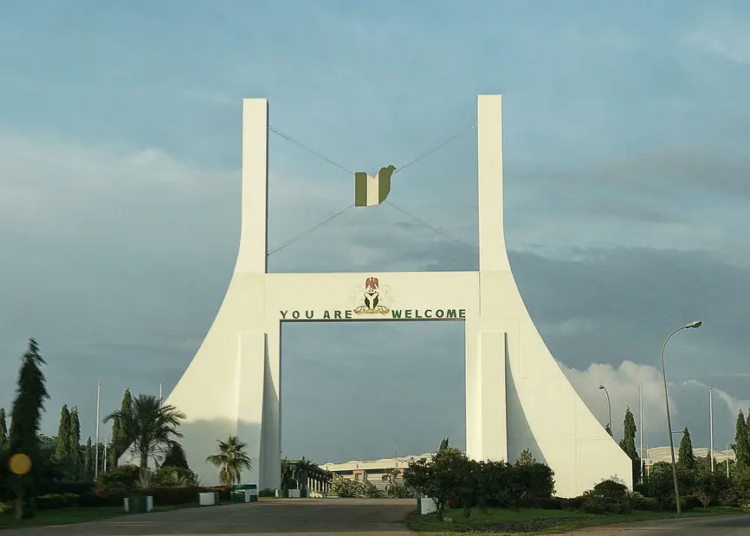In a bid to meet the 2025 deadline to end open defecation in the Federal Capital Territory (FCT) and Nigeria in general, officials of the FCT Rural Water Supply and Sanitation Directorate also known as RUWASSA has commenced sensitisation against open deflection and urged the residents to use newly constructed public toilet facilities in motor parks, recreational centres, and other public spaces.
This is in line with the sensitisation campaign on Open Defecation Free Nigeria (ODF) with the theme: “Know the public toilets in FCT-Abuja and use them.” It was organised by the FCT administration, in partnership with the Federal Ministry of Water Resources and National Orientation Agency (NOA).
During the sensitisation exercise, RUWASSA and other relevant government authorities toured six standard public convenience facilities situated within the premises of a temporary motor park near the busy Area 1 Roundabout, the motor park inside Lugbe Car Wash, and Sauka, one of the aboriginal communities along the Abuja Airport road.
The head of media and publicity of the directorate, Karo Bala, during the sensitisation tour, disclosed that the FCT minister of state, Dr Ramatu Aliyu officially flagged off the construction of the first phase of the provision of public toilets under the Build, Operate and Maintain (BOM) model with the private investors.
He said that the sensitisation tour is a continuous initiative until the 2025 deadline to end open defecation is achieved, saying that a total of 20 facilities have been completed in the city centre, while some are at different stages of completion across strategic business and residential areas of Abuja.
Karo said 200 public toilets facilities are proposed in the first phase, which upon completion will give way for the construction of more facilities, in line with the presidential declaration on ODF Nigeria.
The national coordinator for ‘Clean Nigeria: Use the Toilet Campaign,’ under the Federal Ministry of Water Resources, Mrs Chizoma Oparah, reiterated that ending open defecation requires facilities to be put in place in public places, hence there is a need to intensify the awareness about the availability and affordability of the facilities.
She added that although a lot of these facilities are springing up, it seems that many people are not aware of them, so it became necessary to create awareness.
“With FCT which had flagged this off, it was necessary that we move around, and see for ourselves what is on the ground and how they are being maintained. And we also noticed that they were quite clean, meaning that the aim was achieved.
“Because, if you have public facilities, they are not clean, people will not use them. So, they are well maintained by those facility managers,” she said.






